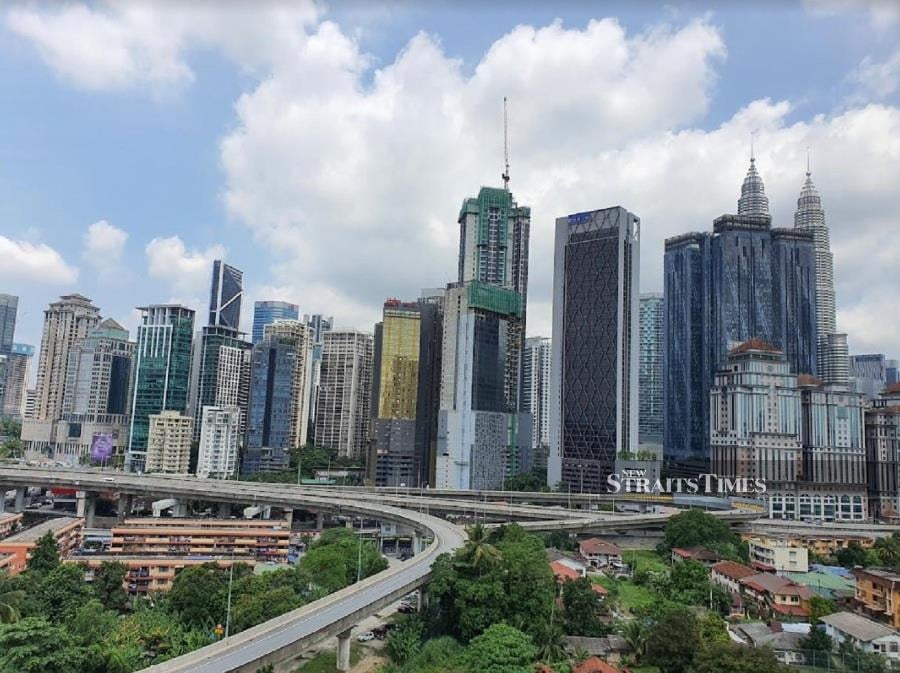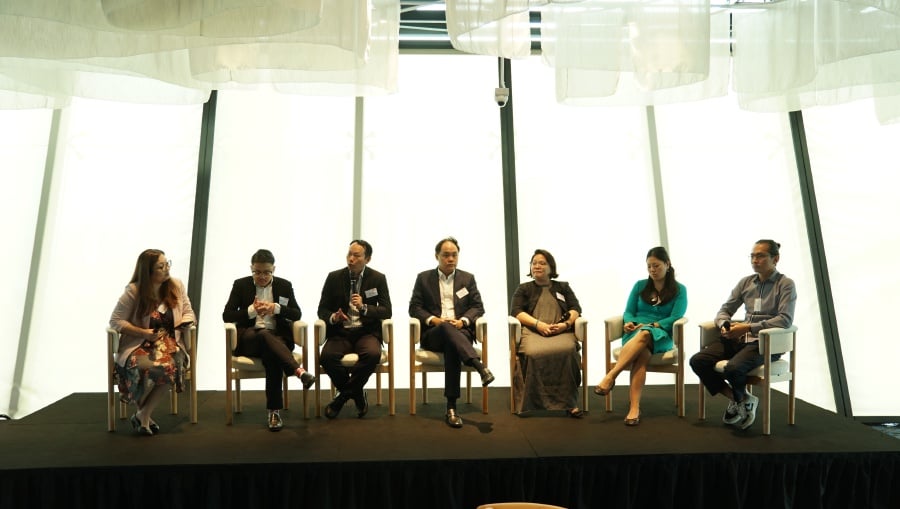By Sharen Kaur - July 19, 2024

KUALA LUMPUR: The major shareholders of U Mobile Sdn Bhd will reject any buyout offers for the telecommunications company, according to people with knowledge of the matter.
The shareholders, including Berjaya Group founder Tan Sri Vincent Tan Chee Yioun, wanted to continue U Mobile's expansion to become one of Malaysia's top 5G players, they added.
The sources also said U Mobile is on track to file for an initial public offering (IPO) in the current quarter.
Founded in 2006, U Mobile has been considering a listing since 2019, with plans to raise about US$500 million (RM2.1 billion) in the IPO.
Another major shareholder of U Mobile is Singapore Technologies Telemedia Pte Ltd, backed by Temasek Holdings Pte Ltd.
On Monday, it was reported that Maxis Bhd, ranked as the country's second-largest mobile operator and controlled by billionaire T. Ananda Krishnan, was considering buying out U Mobile to expand its presence in Malaysia.
Quoting people with knowledge of the matter, the report stated that Maxis had expressed interest in U Mobile and talks were at an early stage.
It said that pricing could be a hurdle to a potential buyout, with U Mobile's owners seeking a valuation of more than RM10 billion, and there was no guarantee that a deal would be reached.
"The shareholders of U Mobile are not selling. They aim to launch an IPO and have plans to grow the company," a source told Business Times.
"U Mobile is known for its competitive pricing and providing affordable and reliable mobile connectivity to both individual and business users across Malaysia. The company is very focused on delivering more innovative 5G products and services to its customers. It is committed to building Malaysia's second 5G network," the source added.
U Mobile has an estimated 8.5 million subscribers and more than 9,000 4G sites, with a network ready for 5G.
In contrast, market leader CelcomDigi Bhd commands a subscriber base of 20.4 million, while Maxis has about 9.5 million subscribers.
U Mobile, along with Maxis and CelcomDigi Bhd, have expressed interest in participating in the second 5G network, which the government is likely to award in the third quarter of 2024.
Last week, U Mobile signed Memoranda of Understanding (MoU) with four network facility providers (NFPs), establishing strategic partnerships to expand 5G infrastructure and accelerate the rollout of the second 5G network in the country.
The four NFPs are Bullish Aim, EdgePoint Towers Sdn Bhd, Naza Communications, and OCK Group Bhd.
Woon Ooi Yuen, chief technology officer of U Mobile, said in a statement that the collaboration with the NFPs strengthened the company's readiness to roll out the second 5G network in Malaysia.
Source: https://www.nst.com.my/business/corporate/2024/07/1078502/vincent-tan-reject-any-u-mobile-takeover-offer



